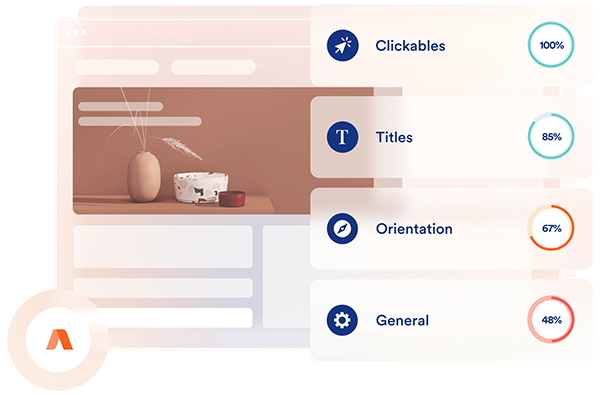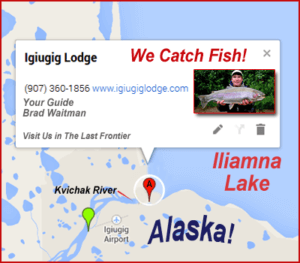Top Companies That Got Sued Over Website Accessibility

It might surprise you to learn that your favorite brands have faced accessibility lawsuits. Why? Because their websites did not provide equal access to people with disabilities.
In recent years, businesses – from small brands to large corporations – have been subjected to an increase of 300% in accessibility lawsuits, paying an average of $25,000 in court settlements.
Well, no one is above the law. This statement is illustrated clearly in the case of these top companies that failed to meet accessibility standards for their consumers.
Famous Web Accessibility Lawsuits
Electronic Arts

Electronic Arts (EA) Inc. is one of the recent targets of accessibility lawsuits. In May 2022, Rafael Cordero, a blind user, sued EA for failing to design its website to be fully usable and accessible to blind and visually-impaired users.
According to the lawsuit, accessibility issues on EA’s website center on the inability of screen-reading software to:
- freely navigate the site
- read item descriptions
- read prices of items.
It also states that:
“Unless websites are designed to be read by screen-reading software, blind and visually impaired persons are unable to fully access websites and the information, products, goods, and services contained therein.”
Cordero wants a jury trial in addition to statutory, actual, and punitive damages for himself and all class members (other blind and visually impaired EA website users).
DraftKings

DraftKings, a top sports betting company, has several measures in place to ensure its website is accessible. However, web accessibility guidelines are constantly changing and can be difficult to track. DraftKings recently discovered this – and not in a pleasant way.
In June 2022, Robert Jahoda, a visually impaired user, sued the company for inaccessibility. Jahoda claims the company’s website was not compatible with popular screen-reading software.
He wants DraftKing to make changes to its compliance policies including retaining a qualified accessibility consultant and implementing all the recommendations. He also seeks payment of an undisclosed amount in attorney fees and nominal damages.
Target

This case is a precedent for web accessibility cases and a cautionary tale to industries that do not meet the WCAG standards.
In 2005, the National Federation of the Blind (NFB), a non-profit representing blind Americans, notified Target that its website (Target.com) was inaccessible to blind and visually impaired customers.
The main complaints were that:
- images on the site lacked alternative (alt) text.
- several headings necessary to navigate the site were missing.
- it was impossible to complete an online purchase without using a mouse.
- maps showing the locations of Target stores were inaccessible to screen readers.
The lawsuit alleged Target violated the California Unruh Civil Rights Act, the California Disabled Persons Act, and The Americans with Disabilities Act (ADA) – accessibility laws that require all businesses and public spaces to be accessible to everyone, including people with disabilities.
Target initially argued that its website is not covered by the ADA, saying that only its physical stores were. It later changed its stance and settled with the NFB in 2008, paying $6 million in class damages.
Target also agreed to make its website more accessible, train its web developers team on accessibility design requirements and techniques, and permit the NFB to monitor its site for three years.
After the court ruling, Target responded,
“We will continue to implement technology that increases the usability of our Web site for all our guests, including those with disabilities.”
Netflix

In 2012, the National Association of the Deaf (NAD) sued Netflix, the popular streaming service, for failing to provide closed captioning for most of its “Watch Instantly” movies and television streamed on the Internet.
At that time, Netflix was the only major player in the online-only video subscription business, which meant the disparity in access for deaf or hard-of-hearing viewers was huge.
NAD’s President Bobbie Scoggins was quite strong-worded on the matter, saying:
“We (the deaf and hard-of-hearing community) must have equal access to the biggest provider of streamed entertainment. Streamed video is the future and we must not be left out.”
In its defense, Netflix claimed it did not violate the ADA because its streaming business could not be considered a ‘public space’. However, the presiding judge ruled in favor of NAD, stating that public places are not only actual physical structures.
In the judge’s words:
“In a society in which business is increasingly conducted online, excluding businesses that sell services through the internet from the ADA .. would severely frustrate Congress’s intent that individuals with disabilities fully enjoy the goods, services, privileges, and advantages available indiscriminately to other members of the general public.”
The judge ordered Netflix to caption its streaming video library by 2014 and keep doing in the future. In addition, Netflix paid $755,000 to the NDA in legal fees and damages.
Nike
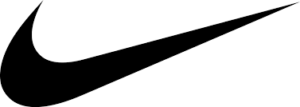
In 2017, a New Yorker, Maria Mendizabal, filed a lawsuit against Nike Inc, the footwear manufacturer, for inaccessibility. Maria claimed Nike’s two corporate websites – Nike.com and Converse.com – failed to give equal access to blind and visually impaired users like herself.
Maria said Nike’s websites did not conform to design requirements that allow screen readers to access and read web content. This meant Nike violated the Americans with Disabilities Act and several state accessibility laws. Major issues cited included:
- Missing alternative (alt) text for images and other non-textual content.
- Empty link texts
- Redundant links.
Maria asked the judge to place a permanent injunction on Nike to update its websites to meet accessibility standards. She also sought compensation in damages, court costs, attorney fees, and pre-and post-judgment interest.
Amazon

Today, Amazon’s websites are accessible, but this wasn’t always the case. In 2018, Cedric Bishop, a visually impaired customer, sued Amazon for being inaccessible to blind and visually-impaired users.
Bishop claimed Amazon’s website was incompatible with screen readers and refreshable Braille displays – software that allows visually impaired users to read web content. The lawsuit ended in a settlement.
Beyonce Knowles (Park Entertainment)

Right after New Year’s celebrations, on January 3, 2019, Beyonce’s company, Park Entertainment, was sued because its official website was inaccessible to visually impaired users who could not buy tickets to a Beyonce concert.
The plaintiff, Mary Conner, argued that this violated the Americans With Disabilities Act (ADA). Major web accessibility issues included:
- Lack of alternative (text) for images.
- lack of accessible drop-down menus and navigation links
- inability to navigate the site using a keyboard instead of a mouse
The class-action lawsuit focused on people who are legally blind – a category that includes a range of visual impairments, not just total blindness.
Domino’s Pizza
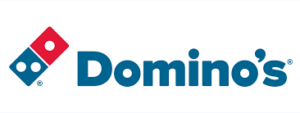
In 2019, Guillermo Robles sued Domino’s Pizza over violations of ADA Title III. Robles claimed he could not order food from Domino’s website and mobile app using screen-reading software.
The judge ruled in favor of the plaintiff (Robles) that Domino’s mobile app was covered by the ADA and that the company violated the law. He ordered Domino’s to fix all accessibility issues on its site and also pay $4,000 to the plaintiff (Robles).
CVS

This case involved a class action lawsuit filed by several blind individuals who sued CVS, a pharmacy chain, for violating the ADA because its website was not accessible to screen reader users. The lawsuit claimed that CVS failed to provide alt text for images, proper headings, keyboard navigation, and other features that would make its website accessible. The case was settled in 2009, with CVS agreeing to pay $250,000 to a settlement fund for affected customers and make its website accessible.
Five Guys Burgers and Fries
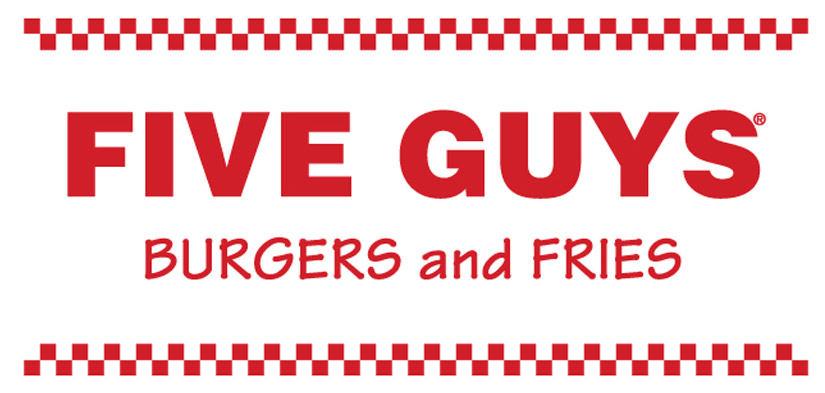
In 2017, Lucia Marett, a blind user, sued the fast-food chain Five Guys for having an inaccessible website that prevented her from ordering food online. The lawsuit alleged that Five Guys violated the ADA and the New York Human Rights Law by failing to provide alt text for images, keyboard navigation, and other features that would make it accessible to screen readers. The case was settled out of court with Five Guys agreeing to make its website compliant with WCAG 2.0 AA standards and pay $10,000 in damages and attorney fees.
DoorDash
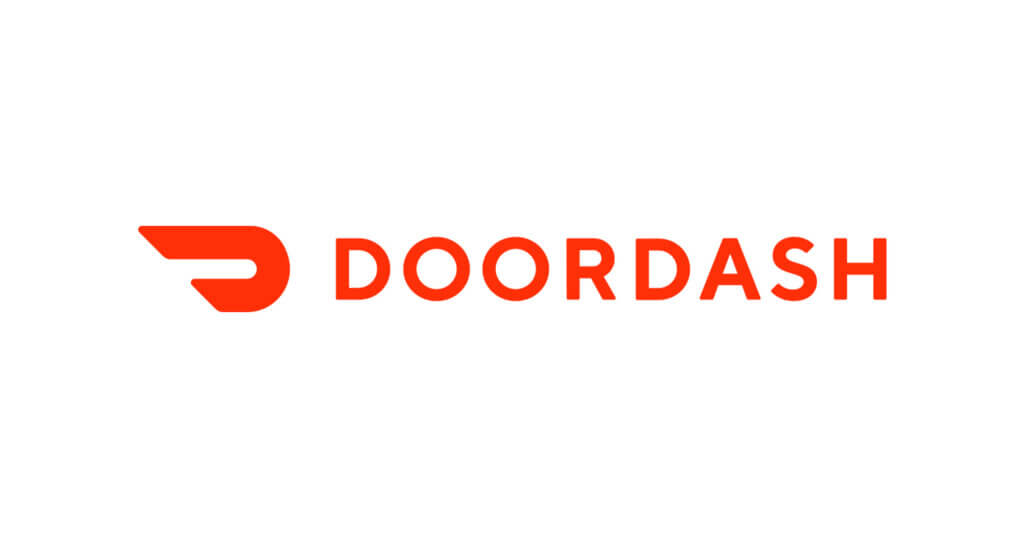
This case involved a class action lawsuit filed by several blind individuals who sued DoorDash, a food delivery service, for violating the ADA because its website and app were not accessible to screen reader users. The lawsuit claimed that DoorDash failed to provide alt text for images, proper headings, keyboard navigation, and other features that would make its website and app accessible. The case is still pending as of 2023.


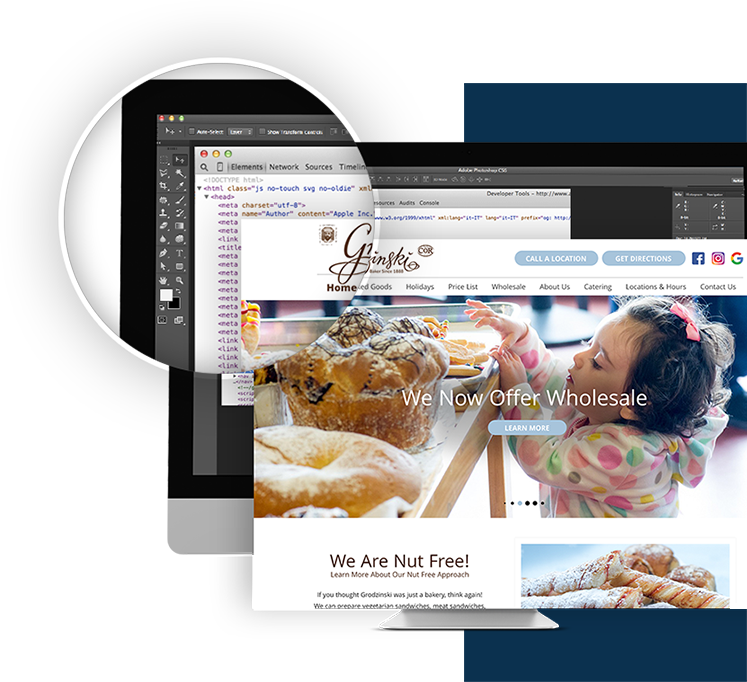
![]()
![]()
![]()
![]()



![]()



